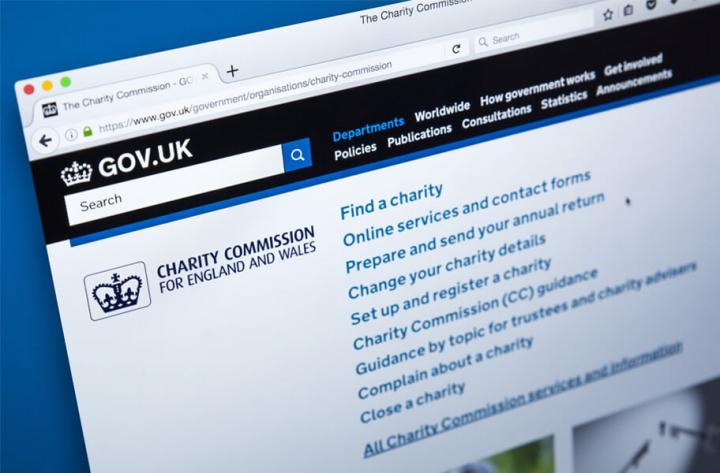Charities Act 2022: June Update

The second tranche of changes brought in by the Charities Act 2022 (Act) came into effect today (14 June 2023).
These updates are part of a phased introduction of changes brought in by the Act. We updated you on the first stage of changes that came into effect on 31 October 2022
Here we’ll look at the June 2023 updates brought in by the Act (previously planned for the spring) and summarise the notable changes.
Permanent endowment
The Charity Commission describes “permanent endowment” as money or property initially meant to be held by a charity forever. The Act replaces the definition of “permanent endowment” with a simplified alternative definition which considers property to be a permanent endowment if it is “subject to a restriction on expenditure which distinguishes between income and capital”. An example of a permanent endowment could include a gift of an investment portfolio subject to a restriction that only the income from the investments may be spent by the charity towards furthering its charitable objectives.
This distinction between income and capital is a key feature of a permanent endowment. It is, however, possible for charity trustees to release the restriction on spending capital either with Charity Commission consent or subject to specific circumstances. Under the previous provisions, the requirement to seek Commission consent was not applicable if:
- The value of the permanent endowment was below £10,000
- The total income of the charity was below £1,000
From 14 June 2023 onwards, the value threshold has been increased so that Commission consent is not required to spend a permanent endowment below the value of £25,000, and the income of the charity is no longer a relevant factor.
The Act also grants charity trustees two new powers in relation to permanent endowments. The first is the statutory power for trustees to borrow up to 25% of the value of the permanent endowment without the Charity Commission's consent. This must be repaid within 20 years of being borrowed. The second power is for trustees to use permanent endowments to make social investments even when there is a projected negative financial return on the investment. Before the introduction of the Act, this was prohibited.
Charity land
The 14 June 2023 changes brought in by the Act introduce differences in how charity land can be disposed of, including:
- The restrictions on disposals of charity land will only apply where all land being disposed of is held solely for one charity’s benefit.
- There is no longer a legal requirement to advertise a proposed disposition of charity land.
- The advice a charity must seek in relation to the disposal of land is no longer required to come just from an RICS-qualified surveyor but can also be given by an expanded category of “designated advisors”, including certain estate agents and agricultural valuers. Charity trustees, officers, and employees will now be able to provide such reports and advice where qualified to do so.
- Charities can grant a tenancy for a period of one year or less to an employee of a charity to use as their home without seeking Charity Commission consent.
Changes that were due to amend the exceptions to the restrictions, including helpful clarity for insolvency practitioners and changes to the information that must be included in statements and certificates, have been delayed until the end of the year to allow further time for the Department for Culture, Media and Sport to work with HM Land Registry on consequential amendments required.
Other changes now in force
The other changes effective from 14 June 2023 include:
- Change of name - the Act extends the Charity Commission’s existing powers to require a charity to change its name. The Commission can now require (1) a charity to stop using a working name, (2) an unregistered charity to change its name and (3) a charity to change its formal name if it considers it too similar to another charity’s working name. The Commission can also delay the registration of an unsuitably named charity.
- Connected persons – the definition of “connected person” no longer refers to an illegitimate child.
- Minor and consequential amendments – detailed in section 40 and Schedule 2 of the Act.
If you have any questions or need legal advice in relation to the Charities Act 2022, please contact Samantha Pritchard on 0191 211 7905 or email [email protected]
The Charities Act 2022 updates the Charities Act 2011. It aims to simplify and modernise charity law to aid trustees in better managing their charities.
